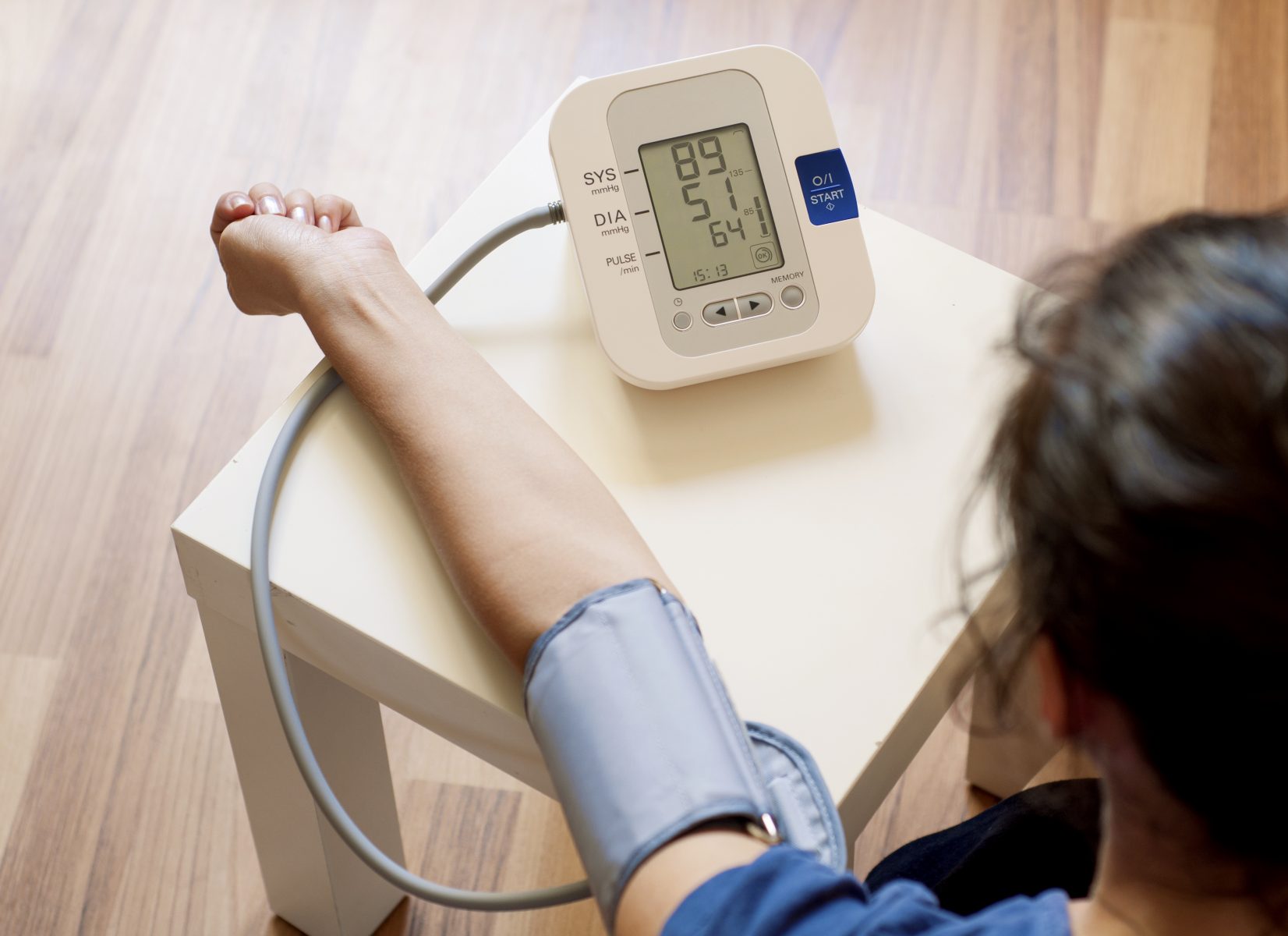The terms “high blood pressure” and “hypertension” are often brought up in doctors’ offices, articles and conversations about your overall health, but many still don’t know exactly what the numbers mean. Understanding why you should pay attention to important medical indicators is the first step to enjoying whole health. That’s why we’re focusing on blood pressure awareness in honor of American Heart Month. Learn more about hypertension and how you can better control your numbers.
Blood Pressure Explained
Your blood pressure measures how hard the blood in your veins pushes against your blood vessel walls. When that number becomes elevated, it signals that your heart is working too hard to send blood out to different parts of the body. That extra work is dangerous and can eventually lead to serious heart conditions including atherosclerosis (hardening of the arteries), stroke, kidney disease and even heart failure.
Your Ideal Blood Pressure
Your blood pressure is an important indicator of your overall health, and high blood pressure is an early warning sign of risk for serious heart disease. That’s why it should be measured at least once a year at a well visit, or more often if you have a history of high blood pressure. Your physician will let you know where your blood pressure falls within these five ranges:
- Normal: Below 120/80
- Elevated: 120–129/less than 80
- Stage 1 High Blood Pressure: 130–139/80–89
- Stage 2 High Blood Pressure: 140 and above/90 and above
- Hypertension Crisis: Higher than 180/higher than 120
What The Numbers Mean
Your blood pressure measures two different functions of your heart and arteries: The first number (120, etc.) is your systolic blood pressure. This measures how hard your blood pushes against your veins when the heart beats. The second number (80, etc.) is the diastolic blood pressure. It measures the pressure in blood vessels when the heart rests between beats. Together, these numbers give your doctor a clear picture of your heart health.
Better Manage Blood Pressure With Whole Health
Whether you have normal, elevated or high blood pressure, it’s important to take steps to better manage your heart health. Your provider will work closely with you to create a plan that empowers you to live life to the fullest.
Exercise Regularly
Daily exercise — even something as simple as walking around the block or taking the stairs instead of the elevator — can go a long way to boost your heart health. Physical activity also reduces stress and helps you relax, which can be an important part of managing your blood pressure.
Eat a Heart-Healthy Diet
A plant-based diet should be at the top of everyone’s list for the new year, no matter your blood pressure. A diet that focuses on fruits, vegetables and lean protein, and cuts back on saturated fat, sodium and caffeine can help your heart stay strong and healthy.
Limit Alcohol Intake
Regular, heavy drinking can cause long-term damage to your heart. Save alcohol for special occasions.
Make Relaxation a Priority
The daily stress of work, household responsibilities and other chores can take a toll on our heart health. Chronic stress can release too much cortisol in your body, which weakens your immune system and heart muscles. Find ways to relax and unwind. That may be a stretching class, daily journaling, relaxing with a good book, catching up with an old friend or finding time to practice your faith. Make finding joy a priority. Your heart will thank you.
Make Your Heart Health a Priority
Let heart health be the first stop on your year-long journey to whole health. Visit AdventHealthCardiovascularInstitute.com to learn more info and make an appointment to discuss how you can take control of your own heart health.






